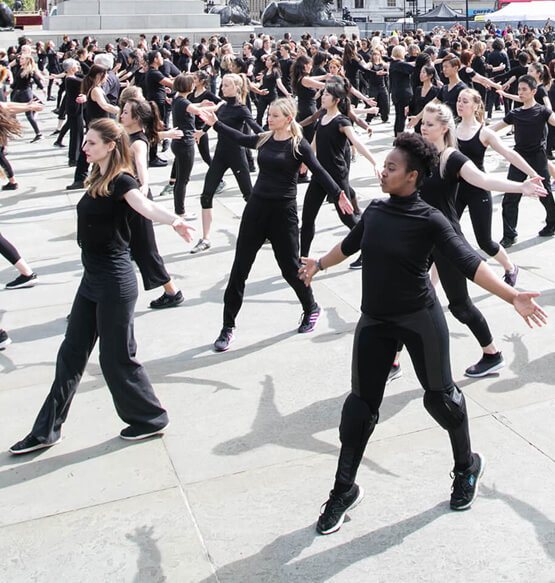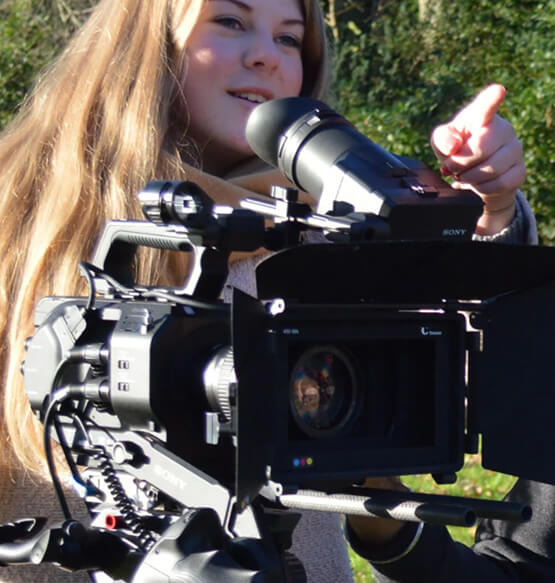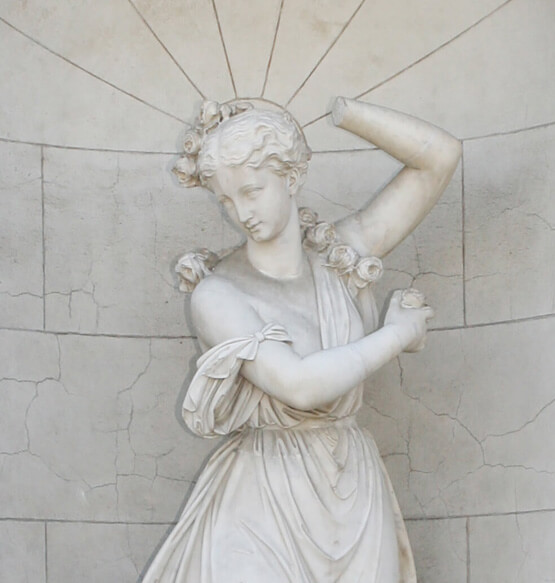Duration:
1 year (full-time)
Please add an additional year if undertaking the Professional Experience Year: integrated 2-year masters
Number of credits:
MA: 180 credits
Start date(s):
September 2026
Make an impact on the world by understanding the forces that shape global politics and equipping yourself with the skills to drive change.
In an era of political uncertainty and global challenges, the MA International Relations provides the tools to analyse and address complex issues, from migration and human rights to climate change and international justice. You will explore the intricate relationships between states and individuals while developing practical solutions that can influence real-world outcomes.
You will gain a strong foundation in governance, decision-making, power, conflict, and cooperation, enabling you to engage critically with contemporary political debates. On this programme, you will:
- Critically examine power, governance, and decision-making in international systems
- Engage with debates on social justice, diplomacy, and global cooperation
- Develop research, analysis, and reflective writing skills, supported by hands-on experience through simulations, project development, and report writing
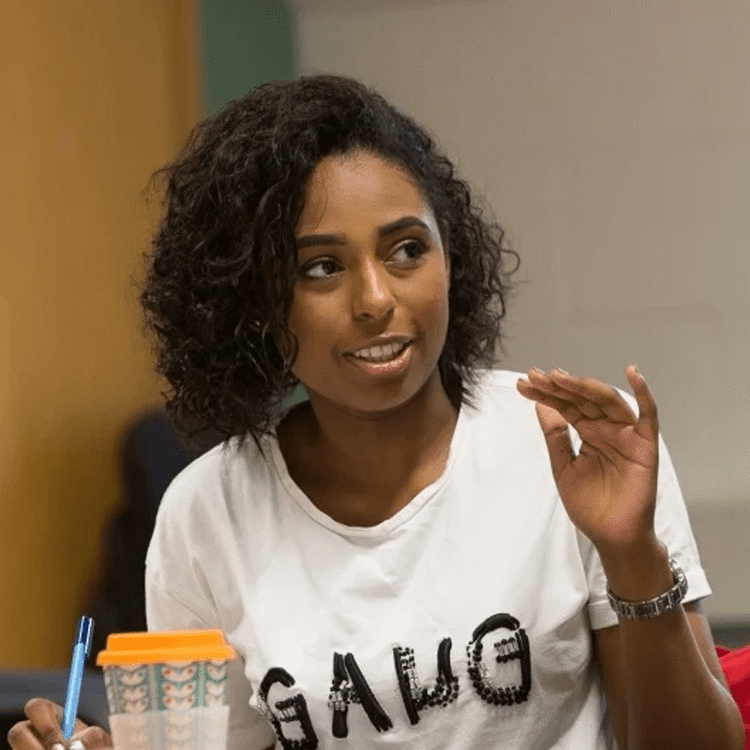
The programme offers immersive experiences, such as simulations of international events and practical project work, providing skills highly valued by employers in diplomacy, international organisations, and policymaking.
By enhancing your critical thinking, research skills, and evidence-based reasoning, you will emerge as a confident, socially aware professional, ready to make a difference in global politics, international policy, and beyond.
Modules
Module overview:
This module introduces you to International Relations (IR) as a discipline, exploring global political action beyond the nation-state. You will examine key actors including states, international institutions like the UN, and non-state actors such as NGOs and corporations. You will engage with major IR theories and core concepts, gaining insight into the challenges shaping 21st-century global politics. While the module is not focused solely on human rights, it encourages you to consider their relevance within international political frameworks and theoretical debates.
Teaching and learning
You'll learn through a weekly lecture and seminar. Lectures will cover key theories of international relations, the role of global institutions, and contemporary geopolitical issues, while seminars will consist of group discussions, case study analyses, and student presentations on current international events. There will be an additional 30 minutes of asynchronous digital support per week. This will consist of pre-recorded lectures, supplementary readings, and online discussion forums to facilitate deeper engagement with the material.
Assessment:
This module will be assessed using a individual presentation worth 30% and a Briefing Paper worth 70%.
Module overview:
This module explores how states and organisations instigate crises and respond to them. It begins by challenging you to question what constitutes a crisis at both domestic and international levels. This foundational approach empowers you to critically examine the complex intersectional antecedents of issues such as poverty, war, and disease, as well as the roles played by states, global institutions, and media in shaping and perpetuating these crises.
In this module, you will engage in a critical analysis of the successes and failures of state, legal, and organisational actions during and after complex emergencies and global challenges. Through a series of case studies, you will explore various examples, including peacekeeping missions in Sub-Saharan Africa, environmental summits addressing climate change, the implications of vaccine rollouts during the Covid-19 pandemic, state responses to revolutions and uprisings, and the ongoing attacks in the Gaza Strip. The module is designed with a flexible structure that aligns with staff expertise and emphasises workshop-style teaching and student-led activities, allowing you to actively participate in your learning process.
Teaching and learning:
You'll learn through a weekly lecture and seminar. Lectures will cover key themes and concepts related to the instigation and responses to crises, including the definitions of crises, theoretical frameworks for understanding crisis dynamics, and case studies of significant global events. Seminars will consist of in-depth discussions, group activities, and critical analysis of the case studies presented in lectures, allowing you to engage with the material and apply theoretical concepts to real-world situations. There will be an additional 30 minutes of asynchronous digital support per week. This will consist of supplementary online resources, including recorded lectures, discussion forums, and curated readings that will enhance your understanding of the topics covered in class and provide an opportunity for further exploration and reflection.
Assessment:
You will be assessed using the following two assessments: A group presentation of a crisis memo, worth 30%. You will be required to complete a group presentation in which you prepare and present a crisis memo formulated in the 24-hour lead-up to an international crisis or emergency. There will also be a reflective journal worth 70%. You will be required to complete a reflective journal based on an in-class crisis situation room exercise, where you will manage a crisis scenario.
Module overview:
On this module you will critique the theoretical underpinnings of international relations that you have acquired in other modules to their relevance and applicability in the daily work of practitioners within the complex environment of international affairs. By the end of the module, you will recognise the challenges faced by practitioners of international relations across various sectors of society, including government departments, the diplomatic service, security forces, civil society, the business world, and both traditional and new media. Throughout the course, emphasis will be placed on understanding how the application of theories and concepts can enhance practitioners' performance. You will have the opportunity to practice multiple real-world roles of international professionals, whether in desk or field jobs, while honing a wide range of essential skills relevant to the field of international relations.
Teaching and learning:
You'll learn through a weekly lecture and seminar. Lectures will cover key themes related to the instigation and management of crises, including definitions of crises, theoretical frameworks for understanding crisis dynamics, and case studies of significant global events. Seminars will consist of in-depth discussions, group activities, and critical analyses of the case studies presented in the lectures, allowing you to actively engage with the material and apply theoretical concepts to real-world situations.
There will be an additional 30 minutes of asynchronous digital support per week. This will consist of supplementary online resources, including recorded lectures, discussion forums, and curated readings, which will enhance your understanding of the topics covered in class and provide opportunities for further exploration and reflection.
Assessment:
This module will be assessed using a policy paper worth 60%, where you will research and produce a policy paper targeted at a non-academic audience, applying academic knowledge to real-world policymaking, and a simulation reflective journal worth 40%, requiring you to critically assess your experience in a simulation exercise, where you engage in real-world international relations scenarios.
Module overview:
This module introduces you to a range of theories and methods that underpin social research. The module is delivered within a broader social justice framework that emphasises equity, inclusivity, and ethical inquiry. It challenges traditional power dynamics in research and encourages you to critically examine biases, representation, and the impact of research on marginalized communities. The module introduces how research can both reinforce and challenge social inequalities, exploring epistemologies and approaches to researching for social justice (including decolonizing methodologies; community-based research; participatory research; trauma-informed approaches), as well as providing an understanding of core principles of social research.
Teaching and learning:
You'll learn through weekly lectures and workshops. Workshops will utilise a variety of teaching approaches i.e. taught sessions blended with a range of interactive activities (e.g. group work, problem solving using case studies, interactive quizzes, and debating key issues) and your understanding will be regularly evaluated through these methods.
Assessment:
This module will be assessed using a case study analysis worth 50%, where you will be provided with three research problem vignettes and will be required to explain why a particular approach is most appropriate, drawing on theory and research, and a research proposal worth 50%, where you will produce a research proposal for an empirical study of your choice (relevant to researching for social justice).
Module overview:
You will come to this module having gained a grounding in the design of research through the Researching for Social Justice module. In this module, you will be supported to produce your own original and substantial empirical research project on a specialist field related to your Masters programme (in Criminology, International Relations or Human Rights). As a student-led module (with the support of a supervisor), you will learn key skills in designing, carrying out and reflecting on a research project and presenting it appropriately. You will also develop skills in developing a non-technical briefing for policy and/or practice, based on your research findings.
Teaching and learning:
You'll learn through independent learning with support from an allocated supervisor which will involve one-to-one supervision meetings. These meetings will help develop a number of skills such as time and project management, communication skills (both verbal and in writing) and the development of critical thinking and scholarly enquiry. Broader support is provided by three webinars provided by the module convenor which relate to key milestones: ‘Getting started’, ‘Making your ethics application’ and ‘Writing up’. Additional resources will be provided via Moodle.
Assessment:
This module will be assessed using a research report worth 70%, you will identify your own research problem and design, carry out and write-up the project in a substantive piece of written work (the use of visual aids will be encouraged) and a non-technical briefing worth 30% where you will identify an appropriate audience (relevant to their discipline and topic) and produce a brief non-technical summary of your research findings and identify the key recommendations that emerge from your findings for policy and/practice.
These are the current planned modules on this course and may be subject to change.
Professional Experience Year
This course also offers the option of a Professional Experience Year. This programme combines dynamic career modules with flexible placement opportunities. After completing your first year of study, you'll then spend the next academic year completing your Professional Experience training as part of your degree. This will give you real career experience. This unique opportunity offers you distinct paths to build your expertise.
Careers
Graduates of this programme are well equipped for careers across the public and private sectors, including politics, international relations, migration, and the charity and NGO sectors.
Opportunities for placements and extra-curricular activities help you develop transferable skills and build valuable professional networks.
You will be prepared to work in a wide range of roles, from policy think tanks and multilateral organisations such as the UN and UNICEF, to international businesses, law firms, banks, media companies, and local or national government, giving you the confidence and experience to succeed in a competitive global job market.
.
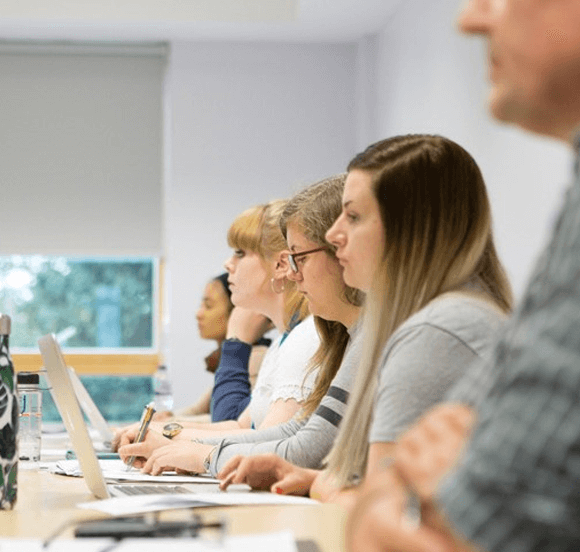
Learning & assessment
How you’ll learn
You will take an active role in your learning, working alongside students from different disciplines and countries to share perspectives and experiences.
Collaborative activities such as debates, case studies, simulations, and live briefs will help you develop practical skills while exploring global issues.
Our sessions combine theory with reflection, connecting international relations concepts to real-world challenges. Modules cover topics from conflict and migration to environmental issues and global crime, drawing on insights from sociology, criminology, and human rights.
Through discussion, research, and problem-solving, you will strengthen critical thinking and gain the tools to analyse complex global crises from multiple perspectives, preparing you to understand and shape the world today.
How you’ll be assessed
Assessment on this programme is both theoretical and practical, designed to equip you with the skills needed for careers or further study in international relations.
You will be evaluated through a range of coursework that develops critical thinking, research, and written and oral communication skills.
Formative tasks and workshops will help you hone these abilities, from analysing research papers and comparing theories to applying concepts to real-world case studies. Summative assessments include essays, reflective writing, policy papers, presentations, research proposals, case study analyses, and participation in simulations.
These assessments encourage you to engage with real-world political and social issues, reflect on your learning, and develop self-awareness, enabling you to articulate a sophisticated understanding of international relations and the complex interplay between nations and the individuals within them.
Open days
Get a real taste of our campus, community and what it’s like to study at Roehampton
Applying
UK postgraduate students apply through our direct application system.
General entry requirements
International postgraduate students apply through our direct application system.
General entry requirements
Fees and funding
UK students
Tuition fees
| Entry date | MA |
|---|---|
| September 2026 | £9,250 |
Prices shown are for the first year of your degree.
Funding your studies
We also provide other ways to support the cost of living, including on-campus car parking, hardship support and some of the most affordable student accommodation and catering in London.
International students
Tuition fees
| Entry date | MA |
|---|---|
| September 2026 | £18,980 |
Prices shown are for the first year of your degree.
Funding your studies
We also provide other ways to support the cost of living, including on-campus car parking, hardship support and some of the most affordable student accommodation and catering in London.


